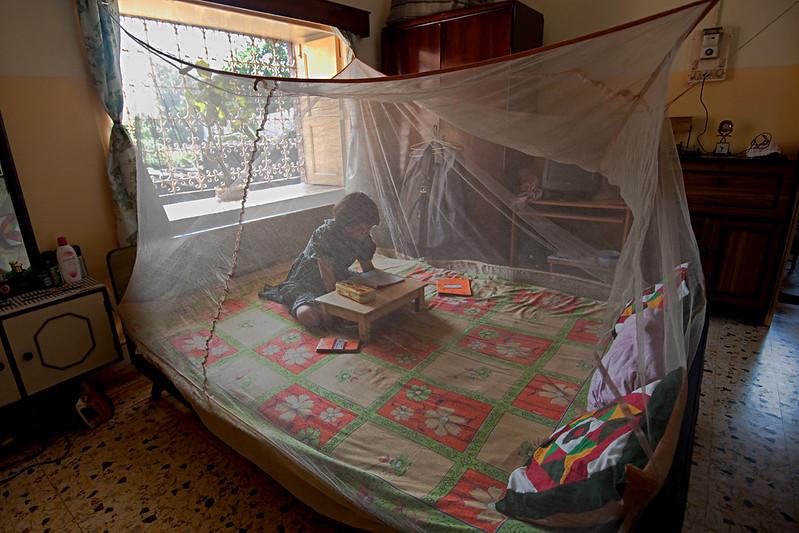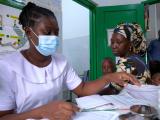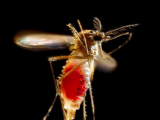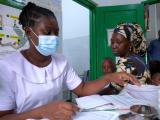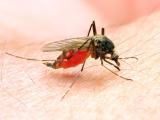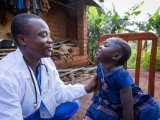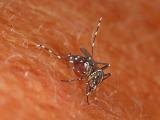Despite expanding access to vaccines, medication, and insecticide-treated bed nets, malaria cases in 2022 exceeded the prepandemic level by 16 million cases, with several threats—including climate change and humanitarian crises—hampering progress, the World Health Organization (WHO) said today in its annual report on the disease.
Aside from COVID-19–related disruptions to the malaria response, the battle against the disease faces a constellation of challenges, including drug and insecticide resistance, humanitarian emergencies, resource constraints, and the impacts of climate change. The WHO said the problems are especially acute in high-burden countries, several of them in Africa.
In a statement, WHO Director-General Tedros Adhanom Ghebreyesus, PhD, said, "The changing climate poses a substantial risk to progress against malaria, particularly in vulnerable regions. Sustainable and resilient malaria responses are needed now more than ever, coupled with urgent actions to slow the pace of global warming and reduce its effects."
The global malaria report card comes as world leaders began meeting in Dubai this week for COP28, the annual United Nations Climate Change Conference.
Direct, indirect climate change impacts
Changes in temperature, rainfall, and humidity can influence the activity and survival of the Anopheles mosquitoes that spread malaria parasites, and extreme weather events such as heat waves and flooding can directly affect malaria transmission.
In Pakistan last year, for example, catastrophic flooding led to a fivefold increase in malaria cases. Last year Pakistan had the biggest increase in cases, jumping dramatically from 500,000 in 2021 to about 2.6 million in 2022.
Other countries that saw significant rises include Ethiopia, Nigeria, Papua New Guinea, and Uganda. And though 11 of the highest-burden countries reported a leveling off of new cases and deaths after a spike early in the pandemic, progress toward 2025 milestones is off track by a wide margin, the WHO said.
The agency added that it expects that climate variability will also drive indirect effects, such as reduced access to key malaria services and disruptions in supply chains for insecticide-treated bed nets, medicines, and vaccines. Another is population displacements due to climate-related factors, which put people who lack immunity into malaria-endemic areas.
The WHO said data on the long-term impact of climate change on malaria are sparse, and the direction and magnitude are expected to vary across social and ecological systems, even within and between countries.
Matshidiso Moeti, MBBS, who directs the WHO's African regional office, said, "To forge ahead toward a malaria-free future, we need a concerted effort to tackle these diverse threats that fosters innovation, resource mobilization and collaborative strategies."
Some silver linings
Today's report also lists some achievements, including the phased rollout of the RTS,S malaria vaccine in three African countries. The WHO said rigorous evaluation shows a substantial drop in severe malaria and a 13% decline in childhood deaths in all causes in areas where the vaccine was administered, compared to areas that didn't receive it.
The agency said improvements are on top of what was already achieved in areas where nets, indoor spraying, and other child health interventions had already been stepped up.
With the October WHO approval of a second malaria vaccine, R21/Matrix-M, supplies and access are expected to increase across Africa.
The WHO pointed to another achievement: progress toward elimination in low-burden countries. In 2022, there were 34 countries with fewer than 1,000 malaria cases, compared to just 13 in 2000. And this year three more countries received the WHO's malaria-free certification: Azerbaijan, Belize, and Tajikistan.
